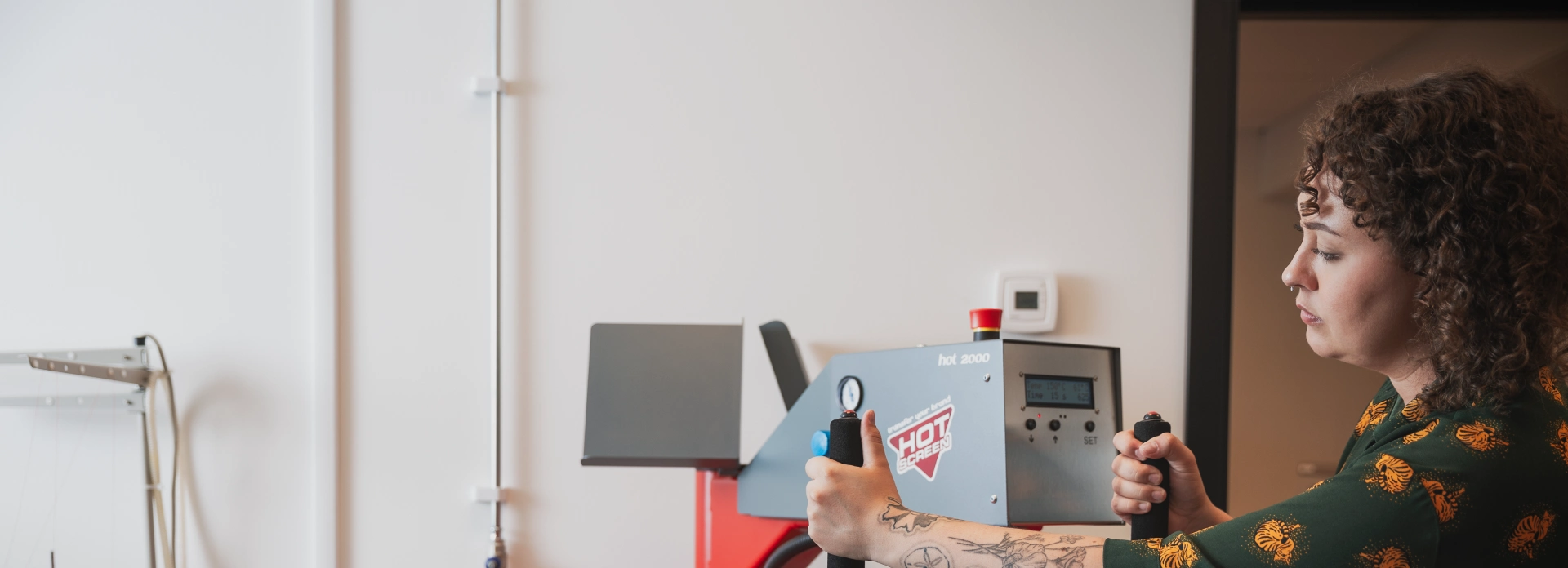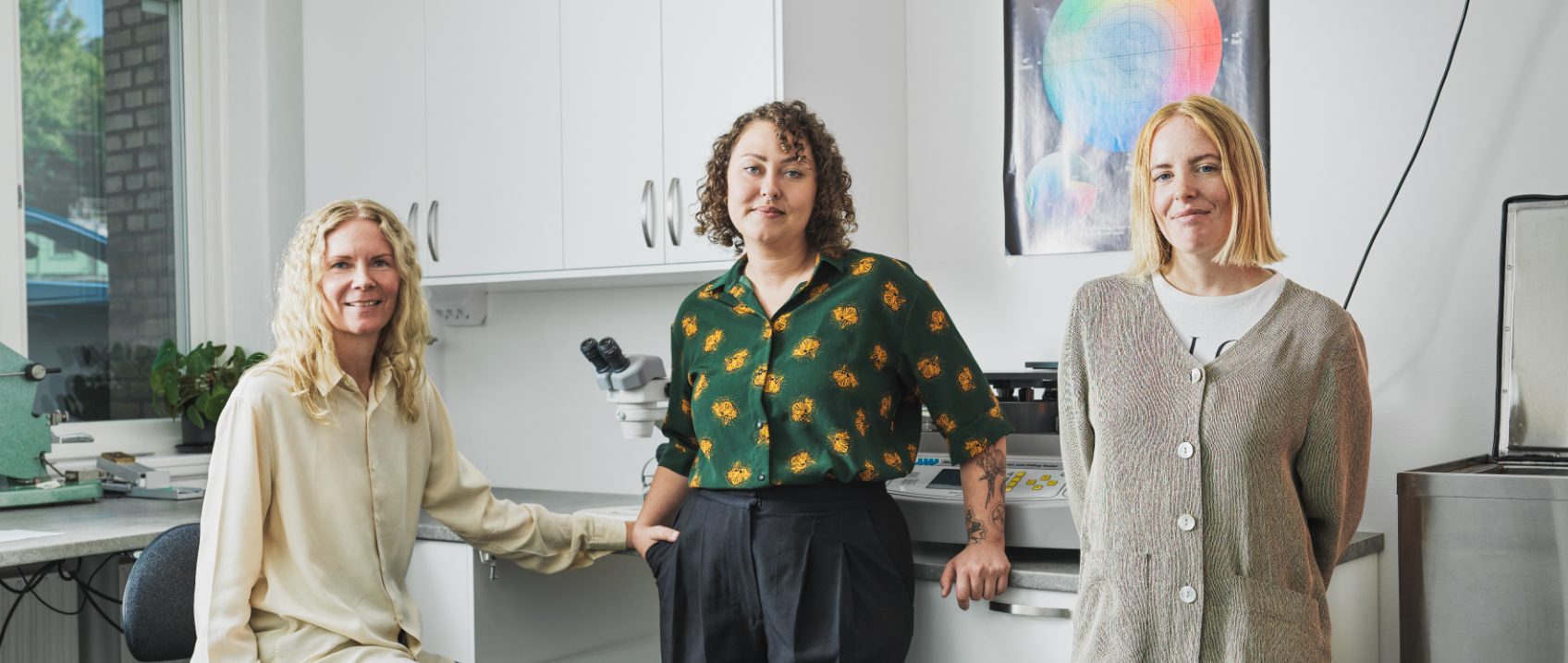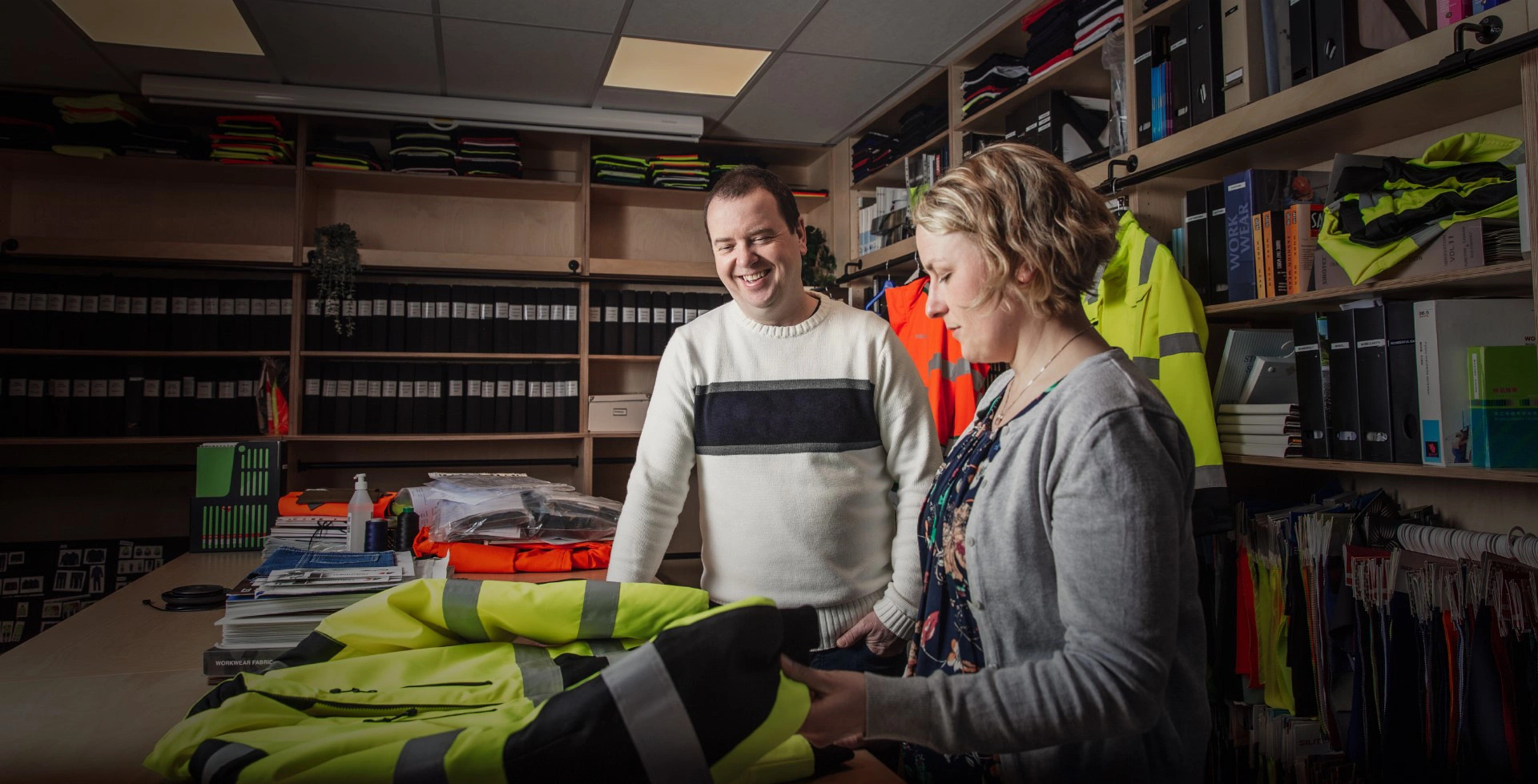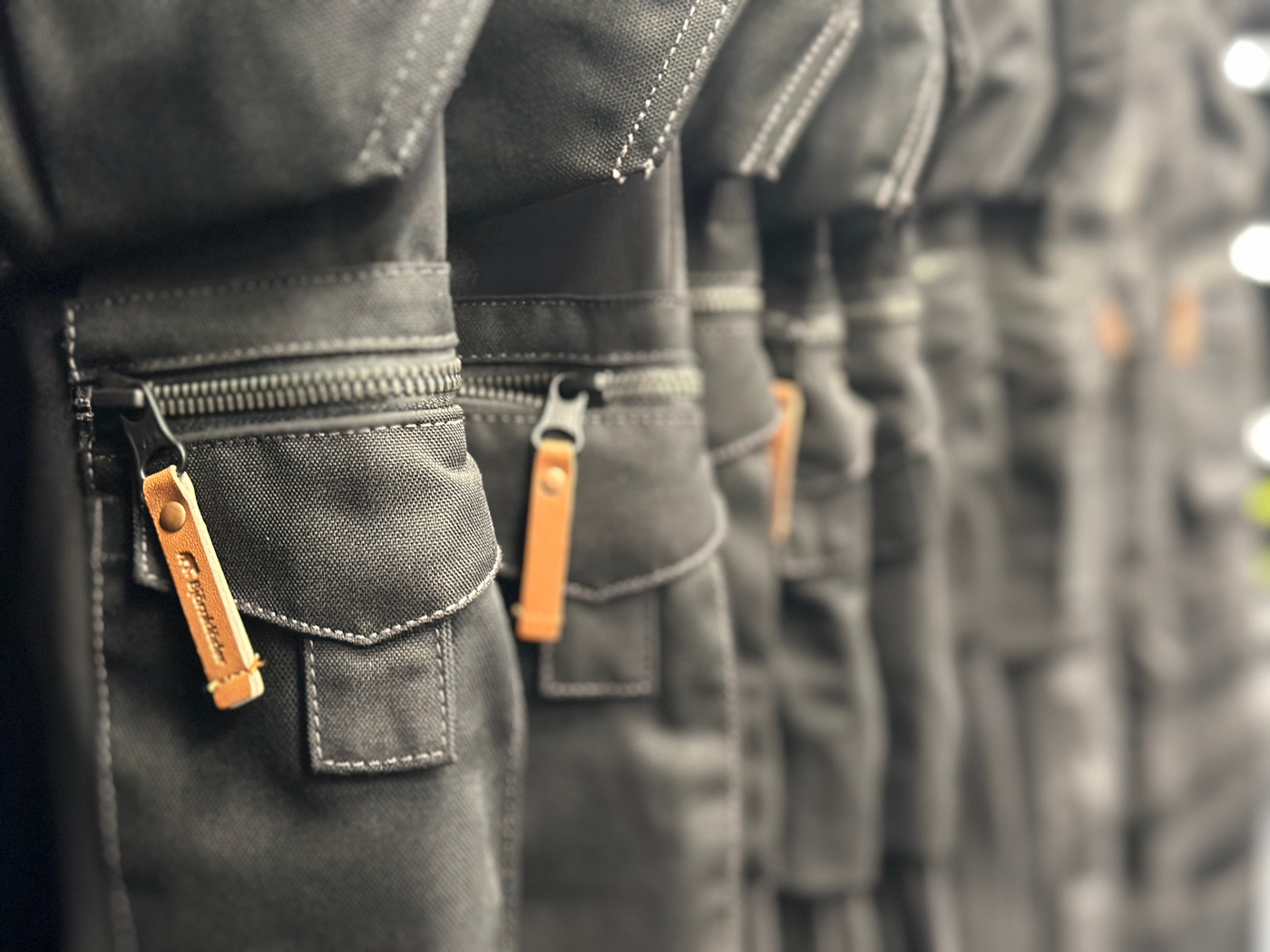
Product liability and sustainable product development
Alligo’s products are characterised by high quality and safety. Meeting customer’s demand for more sustainable products requires innovation and targeted work.
It is important from a number of perspectives that the products can be used for a long time, so spare parts are kept in stock and customers can obtain help with repairs to both tools and clothing.
High requirements for quality and safety
Alligo has a relatively high proportion of own brands, particularly within personal protective equipment, including clothing and footwear. Some products, such as workwear, protective equipment, tools, and chemicals, entail particularly high requirements for quality and safety. Alligo works systematically with quality requirements, product testing and certifications to ensure compliance with high safety requirements in relation to function, chemical content and documentation.
Alligo has established processes and procedures for handling quality deficiencies. If we become aware that a product does not live up to our health and safety requirements, sales of the product are halted and a recall is made where necessary.
Focus on increased circularity
In a circular economy, products and materials must be used for as long as possible.
Alligo’s aim is for its own brand clothing to last a long time. If a garment can be used for a long time, this reduces unnecessary production, resulting in lower consumption of raw materials, energy, water and chemicals. A longer product lifespan also means reduced transport between all the different stages in the production chain and ultimately less waste and reducing emissions.
Regarding own brands in the Personal protective equipment and clothing product area, Alligo can influence the lifespan of the clothing in the design stage. To ensure workwear is safe and of consistently high quality, Alligo’s test lab performs almost 700 checks every year.
In the lab, textile engineers work to ensure, among other things, that clothing lasts longer and that the quality requirements and the requirements for relevant certifications are met.
Recycling clothing is a complex issue, particularly in relation to personal protective equipment. Depending on the composition and material, some clothing is more difficult to recycle and the recycling process from textile fibres to new fibre also requires energy.
Workwear contains many elements and materials, such as outer material and lining, reflective strips, zips, logos and often flame etardants. The clothing may have been contaminated during use, by spilt oil for example, making it even more difficult to recycle.
The technology for recycling textiles continues to be developed and Alligo works actively to find possible solutions for our products.
Greater opportunity for more sustainable processes and choice of materials
Alligo aims to use production processes that are as efficient as possible when making clothing.
To make our own brands more sustainable, we are currently prioritising the following areas: choice of materials, phasing out PFAS, origin of fibres, manufacturing processes and water treatment.
Examples of on-going actions are:
- Minimise waste when cutting out textile
- Reduce water and chemical use by switching to dope-dye* as a colouring process
- Increase the proportion of recycled polyester in clothing
- Use cotton that fulfils ethical initiatives such as Better Cotton.
- Phasing out PFAS
* Traditionally, finished textiles are dyed in the required colour. Dope-dye means that the plastic material used in production is dyed in the required colour before the textile is produced.
Chemicals and certifications
Alligo’s range includes a large number of chemical products. Selling chemical products involves a responsibility to ensure that the right information is provided in the form of labelling and safety data sheets, as well as the content of the chemical products.
Chemicals are used in the manufacture of products and can be found in tools and clothing, for example. Alligo’s products must not contain hazardous chemicals that pose a risk to the health of the user or the environment. That is why we require our suppliers to comply with our Chemical Restriction Lists.
To ensure that our clothing does not contain hazardous chemicals, we aim to have all garments in our own brands certified according to OEKO-TEX® STANDARD 100. This standard stipulates thresholds for chemicals that must not be exceeded in textile products. Clothing marked with this certification is considered to be safe from chemicals that harm the environment and health, which also includes PFAS.
93% of Alligo’s own branded clothing sold in 2023 is certified according to OEKO-TEX® STANDARD 100.


